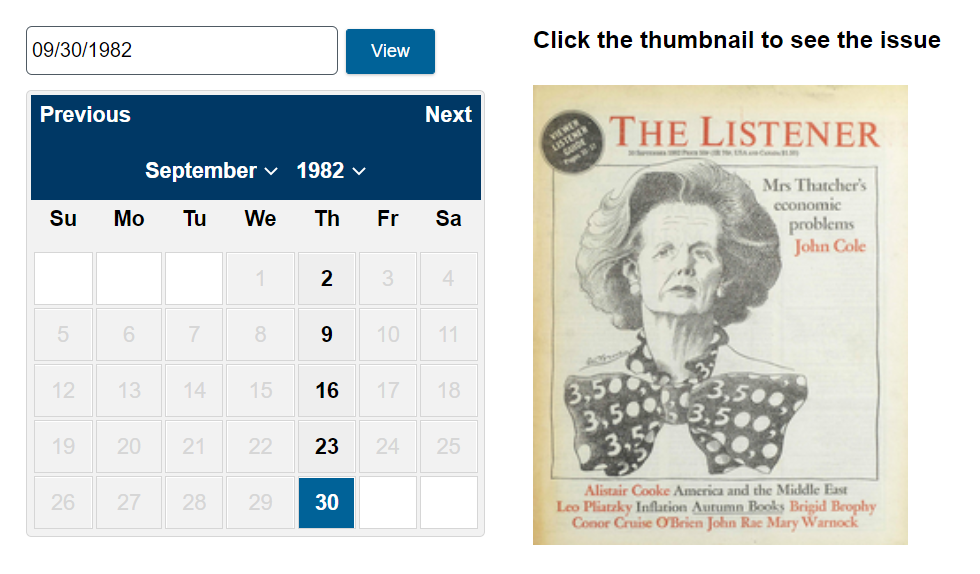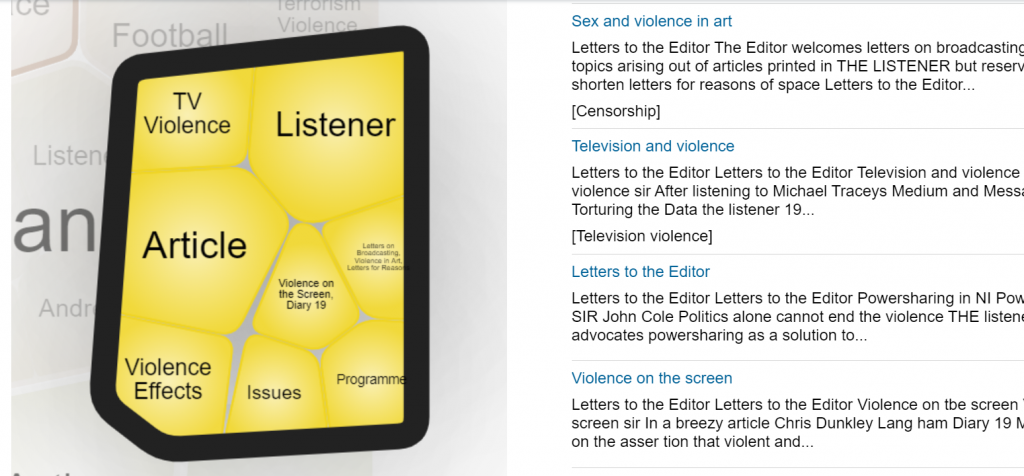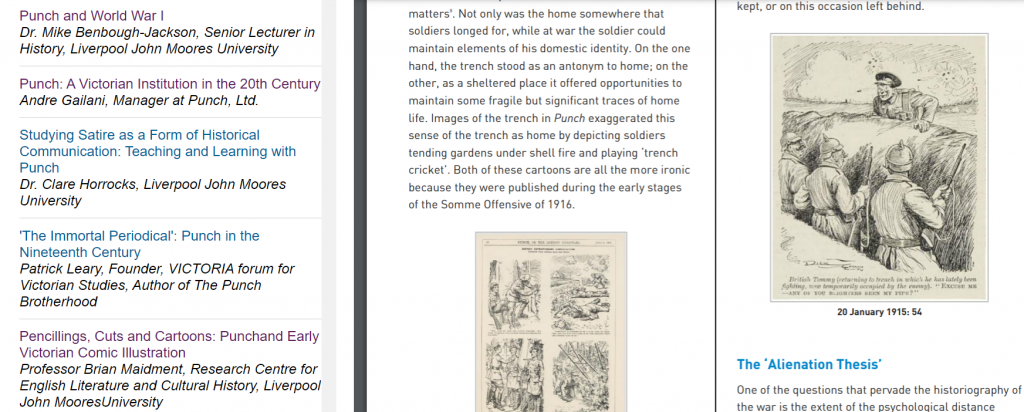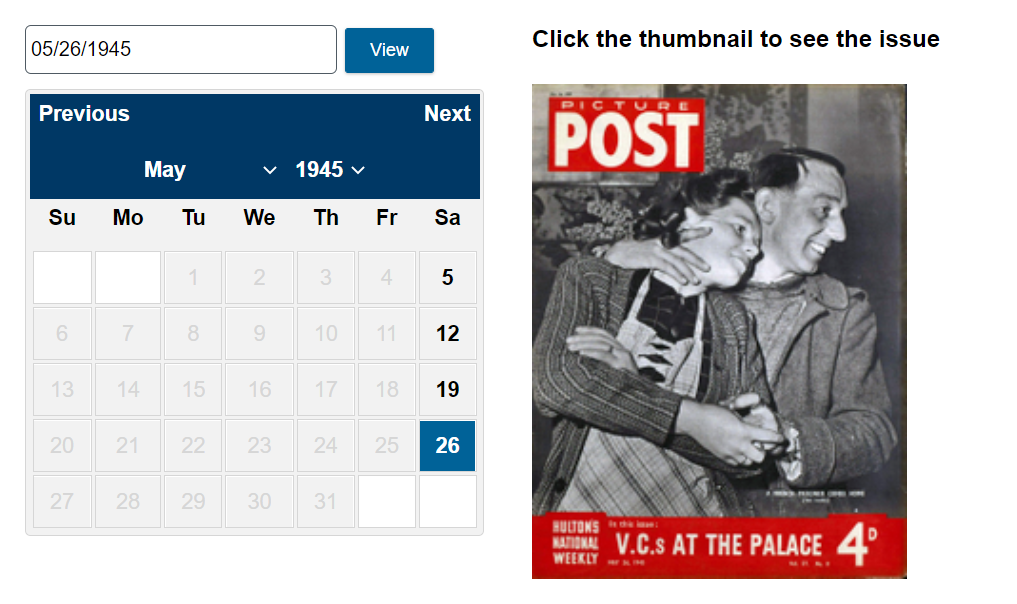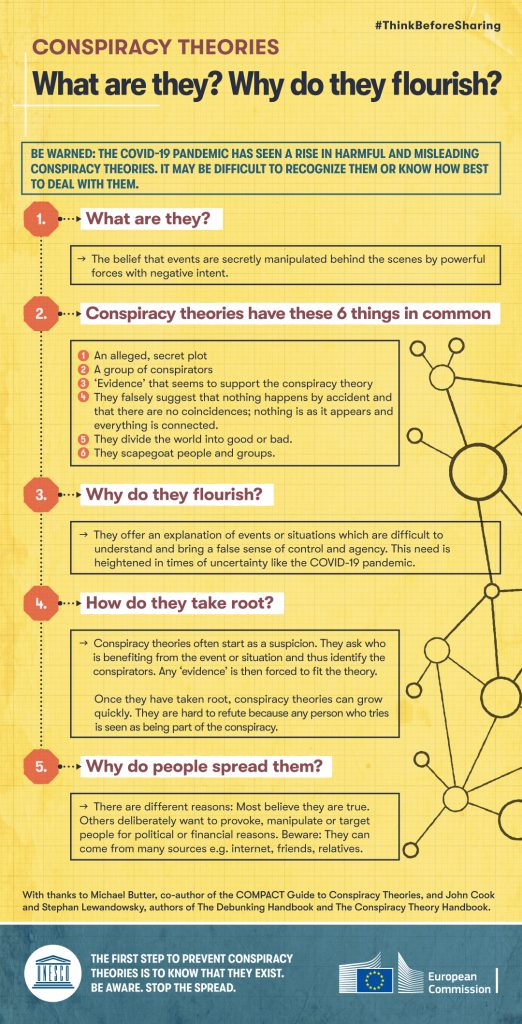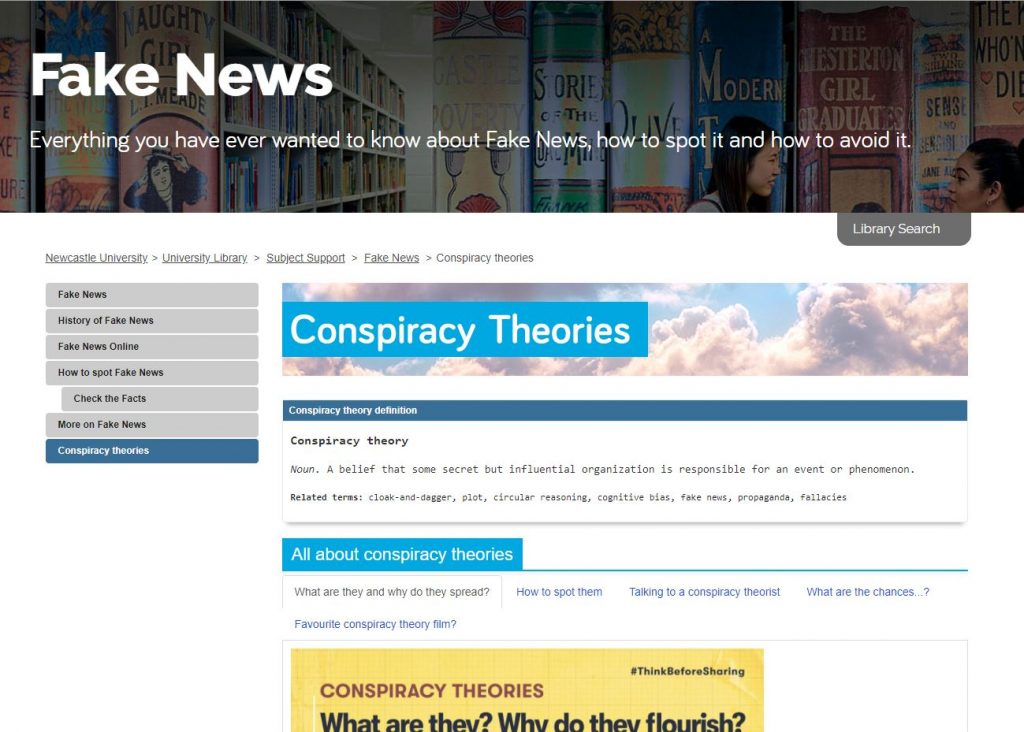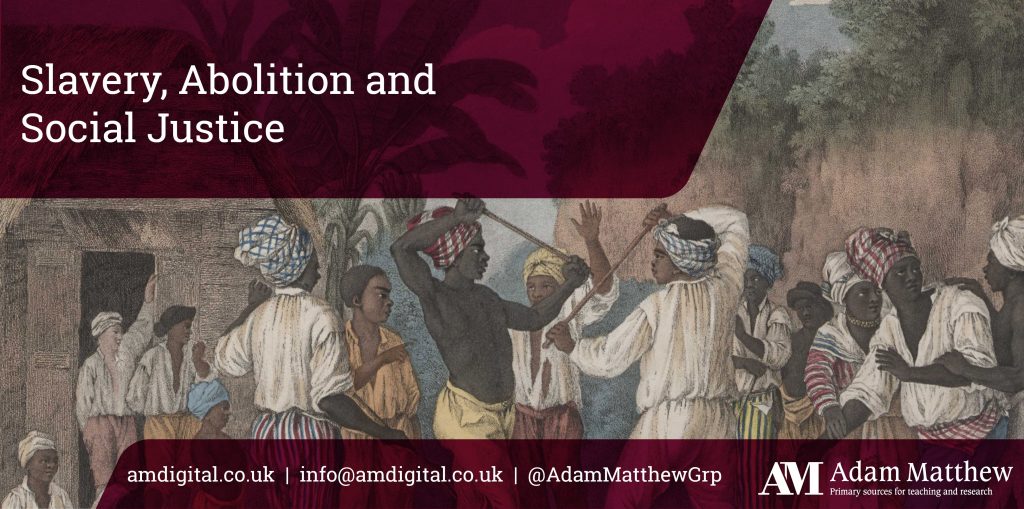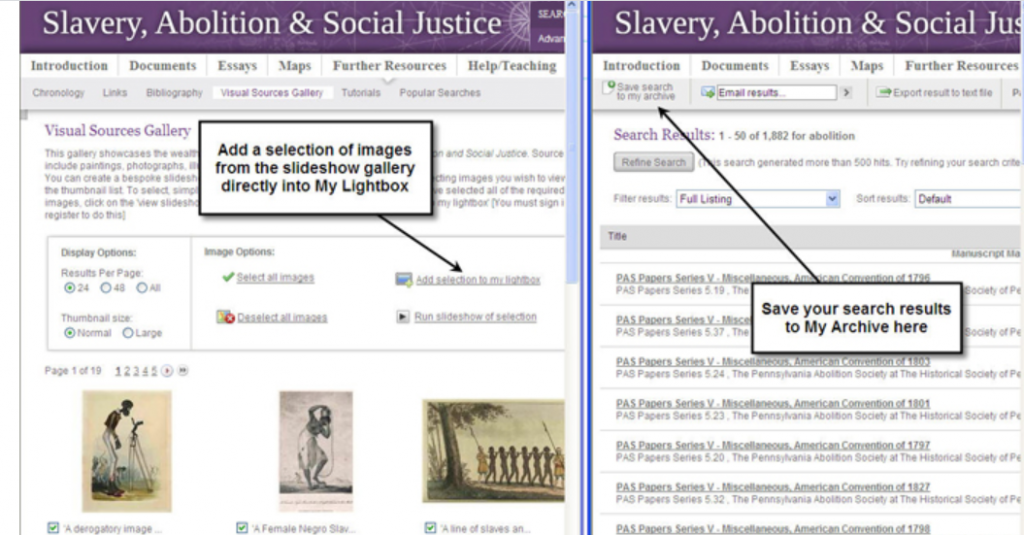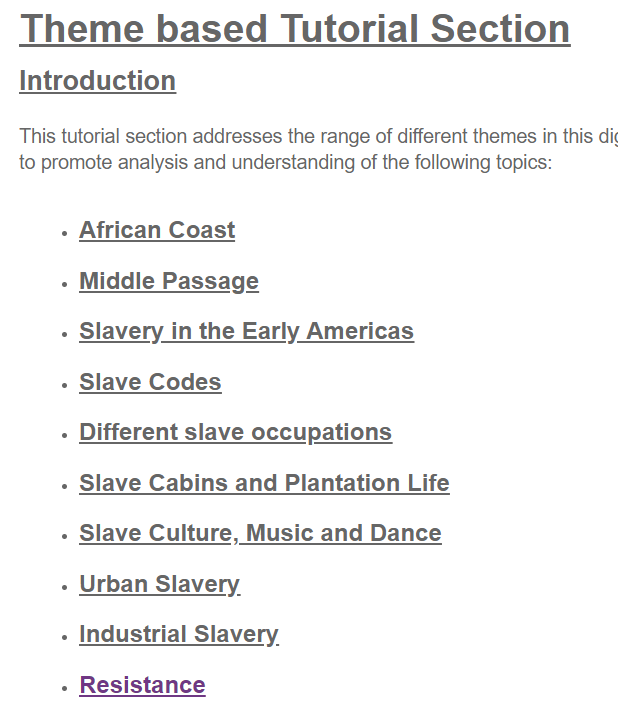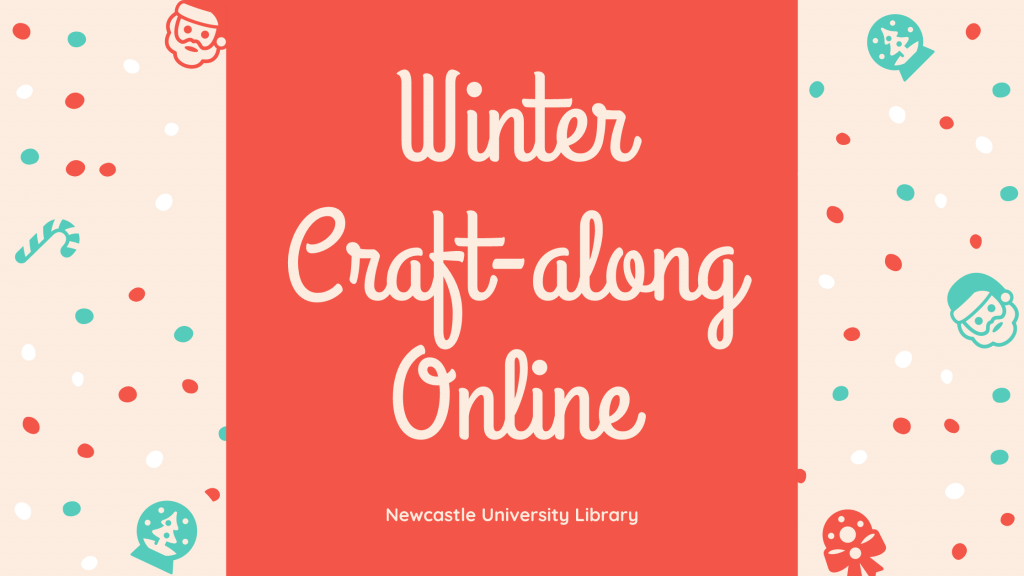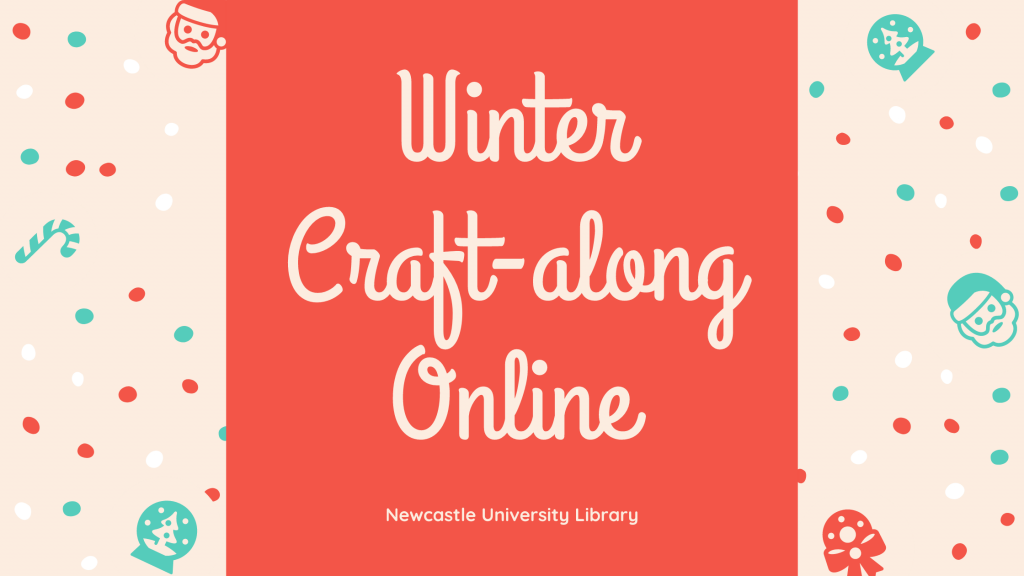
Our Recommend a Book service for students allows you to tell us about the books you need for your studies. If we don’t have the books you need, simply complete the web form and we’ll see if we can buy them. For books we already have in stock, if they are out on loan please make a reservation/hold request using Library Search.
Further information about Recommend a book.
In Semester Two, academic year 2020/2021 we received 104 requests from students (53 PGR, 23 PGT and 28 UGT) in the GPS. This is what we bought :
| Title | Resource type |
| A Companion to the Ancient Near East | Book – Electronic |
| Aesthetic Nervousness: Disability and the Crisis of Representation | Book – Electronic |
| After Genocide: Transitional Justice, Post-Conflict Reconstruction and Reconciliation in Rwanda and Beyond | Book – Physical |
| America & the World The Double Bind | Book – Electronic |
| America in Afghanistan: Foreign Policy and Decision Making From Bush to Obama to Trump | Book – Electronic |
| Atlas of the Aegean flora / 2 volume set | Book – Physical |
| Beyond Spaceship Earth: Environmental ethics and the solar system | Book – Physical |
| Bodies for sale : ethics and exploitation in the human body trade | Book – Electronic |
| British Football and Social Exclusion | Book – Electronic |
| Challenging Immigration Detention: Academics, Activists and Policy-Makers | Book – Electronic |
| China Watching Perspectives from Europe, Japan and the United States | Book – Electronic |
| China’s citizenship challenge Labour NGOs and the struggle for migrant workers’ rights | Book – Electronic |
| Class and Its Others | Book – Electronic |
| Clearly Invisible: Racial Passing and the Color of Cultural Identity | Book – Electronic |
| Contentious Cities Design and the Gendered Production of Space | Book – Electronic |
| Convincing Ground: Learning to Fall in Love with your Country | Book – Electronic |
| Cuba and Africa, 1959-1994 | Book – Electronic |
| Cultural region : North East England 1945-2000 | Book – Physical |
| Culture and the senses: Bodily ways of knowing in an African community | Book – Electronic |
| Democracy in the fifty states | Book – Physical |
| Developmental Politics in Transition: The Neoliberal Era and Beyond | Book – Electronic |
| Discursive Illusions in Public Discourse: Theory and Practice | Book – Electronic |
| Drone Warfare: War and Conflict in the Modern World | Book – Electronic |
| Economic Geography: A Critical Introduction | Book – Electronic |
| Embodied Practices Feminist Perspectives on the Body | Book – Physical |
| Energy and Society: A Critical Perspective | Book – Electronic |
| Ethical Research with Children Untold Narratives and Taboos | Book – Electronic |
| Ethnographies of Home and Mobility: Shifting Roofs | Book – Electronic |
| EU Development Policy in a Changing World: Challenges for the 21st Century | Book – Electronic |
| Family Practices in Migration | Book – Electronic |
| Feminist perspective on the body | Book – Electronic |
| Football in neo-liberal times. A Marxist perspective on the European football industry | Book – Electronic |
| From Wealth to Power: The Unusual Origins of America\’s World Role | Book – Electronic |
| Gaming Globally Production, Play, and Place | Book – Electronic |
| Geopolitics, Geography and Strategic History | Book – Electronic |
| Global Capital, Local Culture: Transnational Media Corporations in China | Book – Physical |
| Global Health Governance | Book – Electronic |
| Great Power Politics in the Fourth Industrial Revolution: The Geoeconomics of Technological Sovereignty | Book – Electronic |
| Handbook on Austerity, Populism and the Welfare State | Book – Physical |
| Handbook on the geographies of regions and territories | Book – Electronic |
| Handbook on Think Tanks in Public Policy | Book – Electronic |
| Human Rights Approaches to Environmental Protection | Book – Physical |
| Imagining the Peoples of Europe Populist discourses across the political spectrum | Book – Electronic |
| Inter/nationalism | Book – Electronic |
| Issue Salience in International Politics | Book – Electronic |
| Killing Animals | Book – Physical |
| Korea’s Online Gaming Empire | Book – Electronic |
| Lived experiences of ableism in academia: strategies for inclusion in higher education | Book – Electronic |
| Made in Hong Kong Studies in Popular Music | Book – Electronic |
| Making the Cut: How Cosmetic Surgery is Transforming Our Lives | Book – Electronic |
| Mapping Exile and Return: Palestinian Dispossession and a Political Theology for a Shared Future | Book – Electronic |
| Maritime Asia vs. Continental Asia: National Strategies in a Region of Change | Book – Electronic |
| Migration and the Search for Home Mapping Domestic Space in Migrants’ Everyday Lives | Book – Electronic |
| Military Strategy as Public Discourse: America’s War in Afghanistan | Book – Electronic |
| Moving the Goalposts : Football’s Exploitation | Book – Physical |
| Museveni’s Uganda: Paradoxes of Power in a Hybrid Regime | Book – Electronic |
| Nature in Literary and Cultural Studies: Transatlantic Conversations on Ecocriticism | Book – Electronic |
| Near Abroad: Putin, the West and the Contest over Ukraine and the Caucasus | Book – Electronic |
| New Directions in the Study of China’s Foreign Policy | Book – Physical |
| Nitrates in Groundwater | Book – Electronic |
| Nitrates in Groundwater | Book – Electronic |
| Ordinary Consumption | Book – Electronic |
| Outdoor Learning, Past and Present | Book – Electronic |
| Politics and the Media in Britain | Book – Electronic |
| Politics: Critical Essays in Human Geography | Book – Electronic |
| Racism and English Football: For Club and Country | Book – Electronic |
| Rain without thunder | Book – Electronic |
| Realism and social science | Book – Electronic |
| Remote Sensing of the Cryosphere | Book – Electronic |
| Researching Amongst Elites: Challenges and Opportunities in Studying Up | Book – Electronic |
| Responsibility Beyond Growth A Case for Responsible Stagnation | Book – Electronic |
| Routledge Handbook of NGOs and International Relations | Book – Electronic |
| Seeing White: An Introduction to White Privilege and Race | Book – Electronic |
| Seeking Palestine: New Palestinian Writing on Exile and Home | Book – Electronic |
| Snow and Ice-Related Hazards, Risks, and Disasters / 2nd | Book – Electronic |
| Sociology beyond societies : mobilities for the twenty-first century | Book – Electronic |
| Stakes and Kidneys: Why Markets in Human Body Parts are Morally Imperative | Book – Electronic |
| Structure and Agency in the Neoliberal University | Book – Electronic |
| The Animal Rights Debate: Abolition or Regulation? | Book – Electronic |
| The Bowhead Whale Balaena mysticetu: Biology and Human Interactions | Book – Electronic |
| The Corona Crash: How the Pandemic will Change Capitalism | Book – Electronic |
| The End of Stigma: Changes in the Social Experience of Long-Term Illness | Book – Electronic |
| The first Department : a history of the Department of Agriculture | Book – Physical |
| The Handbook of Diverse Economies | Book – Electronic |
| The Hundred Years’ War on Palestine | Book – Electronic |
| The Middle Voice of Ecological Conscience A Chiasmic Reading of Responsibility in the Neighborhood of Levinas, Heidegger and Others | Book – Physical |
| The New Silk Road: China Meets Europe in the Baltic Sea Region: A Business Perspective | Book – Electronic |
| The Palgrave Handbook of Society, Culture and Outer Space | Book – Physical |
| The Power of Ideas: The Rising Influence of Thinkers and Think Tanks in China | Book – Electronic |
| The Provocation of Levinas: Rethinking the Other | Book – Electronic |
| The Rise of Think Tanks in China | Book – Electronic |
| The rural housing question: Community and planning in Britain’s countrysides | Book – Electronic |
| The SAGE Handbook of Transport Studies | Book – Electronic |
| The SAGE Handbook of Visual Research Methods /2nd | Book – Physical |
| The Trump, Bush, and Obama Doctrines: A Comparative Analysis | Book – Electronic |
| The World Food Programme in Global Politics | Book – Electronic |
| Theorizing Native Studies | Book – Electronic |
| Theorizing Native Studies | Book – Electronic |
| Thucydides on Choice and Decision Making Why War Is Not Inevitable | Book – Electronic |
| Transforming Industrial Policy for the Digital Age: Production, Territories and Structural Change | Book – Electronic |
| Why the garden club couldn’t save Youngstown: the transformation of the Rust Belt | Book – Electronic |
| Women Political Leaders and the Media | Book – Electronic |
| Women, Gender, and Politics | Book – Electronic |
| Young Dark Emu: A Truer History | Book – Electronic |


